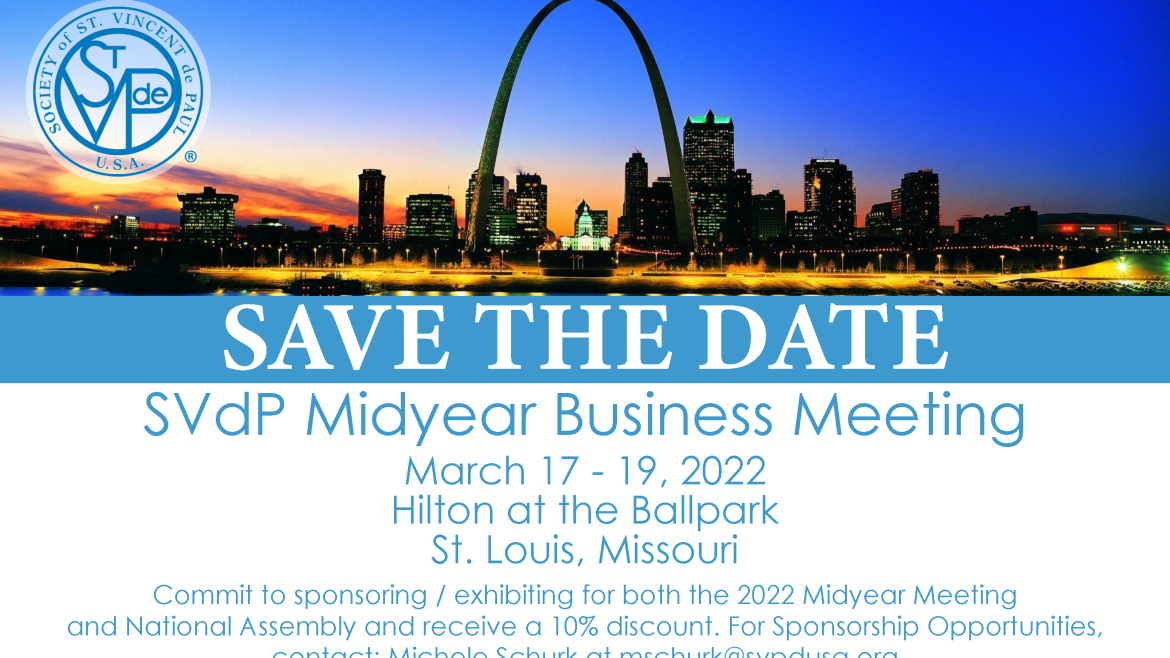Giving Arts is a philanthropic company that supports both artists and nonprofit organizations like the Society of St. Vincent de Paul by giving artists a place to sell beautiful wall art, home decor, and other gifts and lifestyle products, and providing SVdP with a unique fundraising opportunity in the process.
Donors and Vincentians who shop at GivingArts.org will be able to give 50% of the net profits from their purchases to SVdP.
To support SVdP USA by shopping at Giving Arts, just visit our page on their website. You can learn more about Giving Arts’ mission by watching this video:
Conference Fundraising Opportunities Available
And there are more ways to support the Society by shopping at Giving Arts! Because Giving Arts is a trusted national partner, we are giving Conferences the opportunity to fundraise through Giving Arts. To learn more about this exciting fundraising opportunity for your Conference, please contact Michele Schurk, Manager of National Events, at (314) 576-3993, ext. 223, or mschurk@svdpusa.org.





